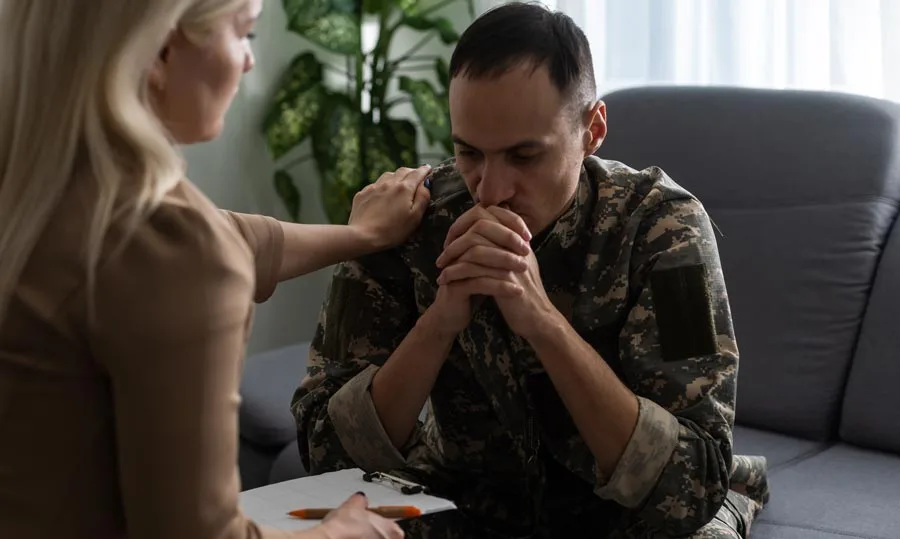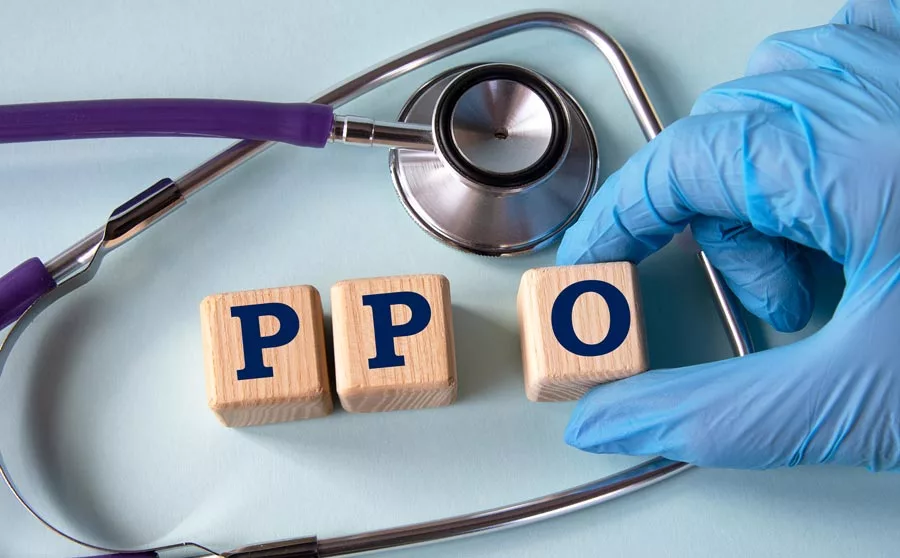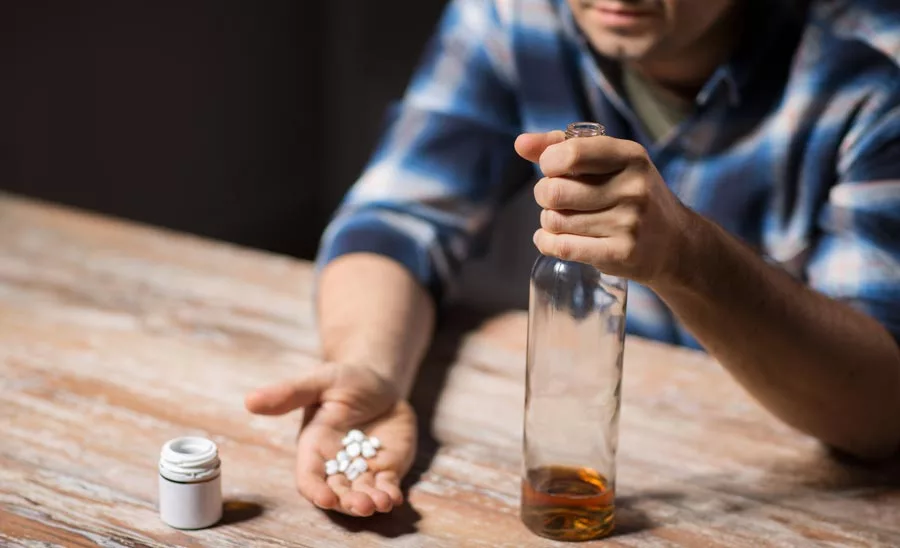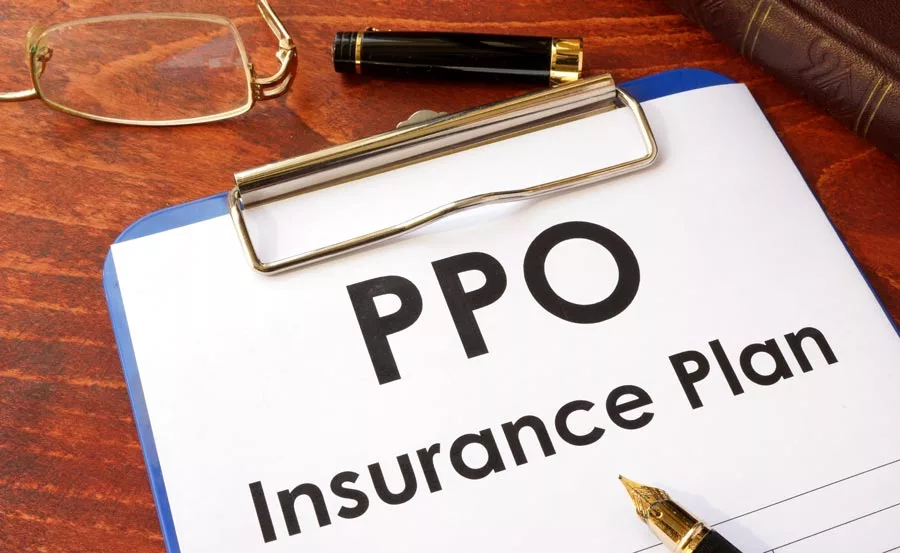First responders, including law enforcement officers, search and rescue teams, firefighters, and emergency medical services teams (dispatchers and ambulance workers), are some of the first to step on the scene of disaster, accident, or emergency. These scenes present some of the most dangerous and emotionally demanding situations possible.
As a first responder, you often interact with victims needing immediate care, life support, or urgent medical help. As a first responder, your duty further involves giving emotional support to disaster survivors. In the face of these emotionally draining situations, first responders’ training requires them to maintain composure despite these demands.
A 2018 report on the mental health of responders claims that emergency medical personnel, firefighters, and police officers carry a 70% higher mortality risk compared to workers who are non-first responders. Due to frequent exposure to work-related traumatic events, first responders are likely to develop mental health issues. Generally, the prevalence of sleep disorders, behavioral health issues, anxiety, and PTSD among first responders is greater than among the general populace.
As a first responder, or with a loved one serving in the role, you may already be familiar with these facts. Now keep reading to find out why Best Rehabs In Arizona should form the front line of your efforts to get lasting relief from alcohol and/or drugs!
Identifying Mental Health Issues in First Responders
Law enforcement officers, firefighters, and other first responders are often people with high-level self-esteem and are performance-driven. A first responder’s motivation is to do well and get the desirable results.
Some first responders may start to interpret issues with feelings of anxiety, isolation, or flashback as signs of weakness and may feel embarrassed to share these feelings with family or friends. In many cases, they may opt to internalize these feelings, eventually resulting in behavioral health issues. If this goes unchecked, it may lead to increased feelings of depression, leading to burnout on the job.
Here are common mental health issues among first responders:
Depression in Emergency Response Teams
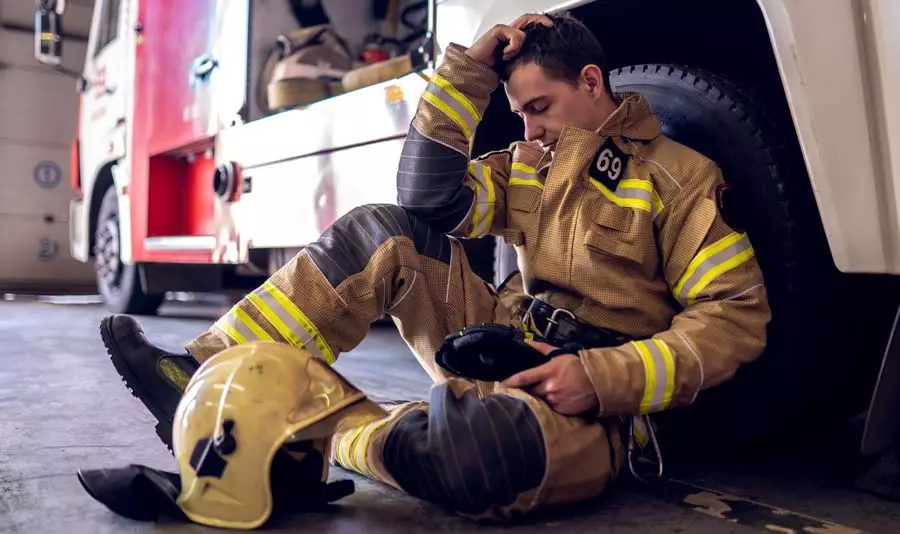
Depression is a commonly reported mental illness issue in first responders’ professions. A case-controlled study on medical team workers who responded to the 2011 Japan earthquake indicated that 21.4% of the team suffered clinical depression.
First responders battling depression may experience feelings of sadness. They may find little or no pleasure in jobs they used to enjoy. These emotions can negatively affect their energy levels and overall well-being. Some common signs of depression may include:
1. Extreme fatigue
First responders work long shifts, but extreme fatigue may signify depression. If you’re having trouble remaining awake even after a night of good sleep, it could be depression. The key here is to identify if there’s a pattern linked to this behavior.
2. An overwhelming feeling of hopelessness or sadness
One of the most difficult things to accept as a first responder is a reality that you won’t be able to save everyone. While most first responders come to terms with this reality, those battling depression may have increased feelings of hopelessness or sadness.
3. Loss of Enthusiasm
First responders look forward to making a difference every day. However, depression can turn this enthusiasm into dread. When you find yourself starting to take unplanned off days, enthusiasm may be fading away.
Other symptoms may include:
- Changes of appetite
- Unexplained body aches or fatigue
- Having difficulty making choices or focusing
- Suicidal ideation
- Behavioral concerns
People that are battling depression experience difficulty controlling negative, repetitive thoughts. The good news is that; depression can be treated. If you or your loved one is struggling with this mental health issue, it’s essential to seek help.
Substance Abuse in First Responder Professions
There’s sadly a close connection between drug and alcohol addiction and the life of first responders. Exposure to traumatic scenes while on duty can lead to the development of behavioral disorders. One such behavioral disorder is alcohol use disorder.
Its reported alcohol abuse among first responders is greater than that of the general population. First responders use alcohol and drugs as a coping mechanism.
First responders who develop substance abuse might show abrupt changes in their behavior, and these negative changes can impact their self-esteem and motivation.
What are the Warning Signs of Substance Abuse?

Some of the warning signs include:
- Unexplained absence from work
- Inability to focus or forgetfulness
- Hyperactivity or extreme lethargy
- Difficulty sleeping
- Challenges with physical co-ordination
Many first responders suffering from alcohol use disorder experience social stigma. In most cases, they fear being judged if discovered. With the right care and support, sustained recovery is entirely possible.
Post Traumatic Stress Disorder (PTSD) in First Responders
Considering the severity and frequency of traumatic scenes, it’s not shocking that first responders face a significant risk of suffering PTSD.
Occupational-specific risk factors that contribute to PTSD among first responders include:
- Hostile occupational environments including risk for physical injury and exposure to excessive smoke, heat, or fire.
- Traumatic events encountered on the line of duty
- Types of traumatic events
- Routine occupational stress
- Lack of adequate workplace social support
- Irregular sleep patterns may compromise resilience in the face of a traumatic experience.
PTSD is a severe mental health condition that can impact every aspect of a first responder’s life. A Journal of Emergency Medical Services report claims that PTSD is heavily unreported among the first responders’ community because it’s regarded as a weakness.
Common signs of PTSD among first responders include:
- Sleep disturbances
- Lack of interest at work
- Intrusive dreams, flashbacks, or memories of a specific incident
- Distancing from family and friends
- Overwhelming fear
- A feeling of guilt or self-esteem
- Inability to focus
- Increased substance abuse
- Self-destructive or dangerous behavior
Is Rehab Important for First Responders?
Getting specialized treatment for first responders is essential for recovery. A responder addiction treatment program helps those who have suffered work-related traumatic events quickly get the help they need. The program addresses underlying mental health issues and shapes the path to sustained recovery.
Best Rehabs In Arizonas use an integrated addiction treatment approach that combines licensed professionals from different backgrounds to treat a first responder. These specialists form a multidisciplinary team that meets to discuss patients’ treatment targets and progress and then meets separately with the patient to discuss specific issues during admission process.
The multidisciplinary team can include therapists, counselors, physicians, and other specialists who combine their expertise to offer best treatment for first responders. The drug and alcohol addiction treatment process starts with an overall assessment by trained professionals such as psychologists to evaluate you at all levels, effectively diagnose underlying issues, and develop a holistic addiction treatment for you.
Mental health condition treatment is a long-term commitment, and it’s overall in nature since it addresses your social, psychological, and physical needs. This means that addiction treatment for first responders will often include medications, therapy, family support, and other necessary interventions. For patients with co-occurring PTSD and behavioral health disorders, the first treatment steps would most likely involve using a medical detox program followed by an intensive outpatient or inpatient program.
Using medications for addiction treatment can help the patient get through chronic pain, reduce cravings and manage symptoms like anxiety. However, medications don’t address the underlying causes of first responders’ co-occurring disorders and can’t prepare them for behavior adjustments.
Specific Treatment Goals for First Responders

- Helping first responders express their needs in a way that doesn’t make them feel inadequate or exposed
- The development of interests and hobbies outside of work to help first responders deal with work-related traumatic events
- The development of a reliable social support system that can assist first responders
- Continued support after the program enables first responders to identify signs of substance use disorders and traumatic stress.
Responders with co-occurring PTSD and alcohol use disorder need to remain in the responders addiction treatment program long enough to attain the necessary skills to avoid relapse. For sustained recovery, it’s essential to identify situations that can increase the possibility of relapse and recognize the signs of relapse.
How Can You Support a Loved One Struggling with a Mental Health Issue?
If your loved one is struggling with one of these first responder mental health issues, you can help them by being there for them.
Here are some tips:
#Tip 1- Listen to Them
Sometimes, your loved ones don’t know if they need help. It’s difficult for most first responders to accept that they have a mental health problem. If your loved one is having a hard time, sit down and listen to them.
#Tip 2 Seek Help
Don’t be ashamed to seek professional help. It’s okay to be uncomfortable when you shift position from a person giving help to one receiving it. If you join our first responders’ addiction treatment center program, you can view it as another professional network designed to help you exceed in your position even more than you currently do.
Start Your Healing Journey Today at Best Rehabs In Arizona
If you or your loved one needs help, Best Rehabs In Arizonas (AZ &CO) is here for you. Our top-notch mental health and addiction treatment center is the right place to start your healing journey. Enjoy a stress-free first responder addiction treatment program as you receive a personalized responders addiction treatment plan.
Contact us today if you’re ready to break free from a dangerous chain of substance abuse. We look forward to welcoming you.

